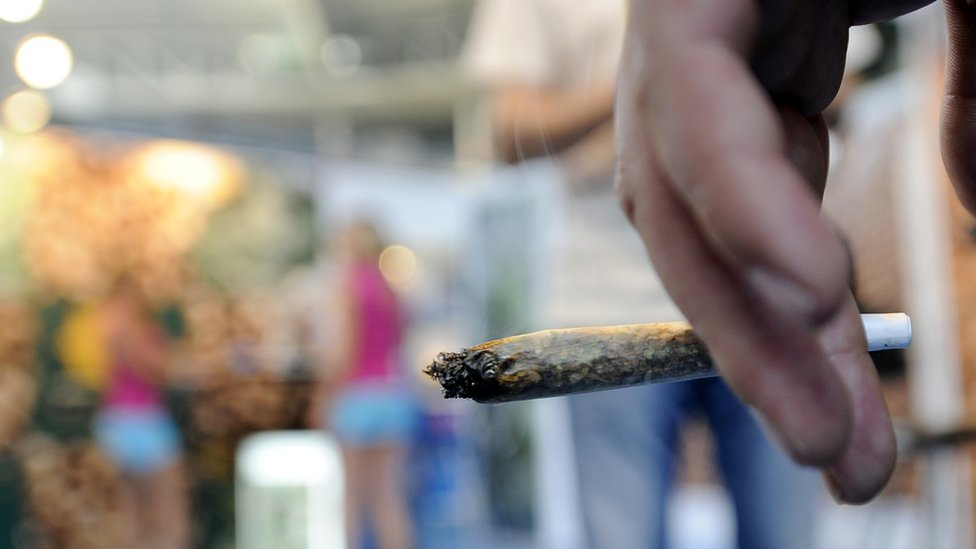Spain Eliminates Fines for Cannabis Use and Possession
Recently, the Spanish Congress formally decided to completely eliminate all possible fines related to offenses involving the possession or use of cannabis. As a result, the “Public Safety Law,” which had been in effect for over 20 years and allowed local authorities to profit from penalizing cannabis users for possession and use, will now be repealed. Officially, fines for these offenses will be replaced with other sanctions, specifically rehabilitation and re-education programs, which were previously only used for underage offenders.
It’s worth noting that despite Spain’s relatively liberal attitude toward cannabis use and distribution, the country has long been a European leader in the number of recorded administrative violations related to cannabis possession and use. According to EU regulators, Spain accounts for up to 43% of such violations recorded across the entire union each year. This is explained by both the popularity of cannabis among the Spanish population and the existence of the Public Safety Law, which offered an alternative to arrest by imposing fines that benefited local budgets.
However, by the end of September this year, a coalition of interested political groups in the Spanish parliament succeeded in repealing this law. As a result, all fines previously imposed for the use, possession, cultivation, and distribution of cannabis will now be replaced with alternative sanctions focused on “re-education and rehabilitation” rather than punishment.
Following Portugal’s Example
It is expected that Spain will now follow the example of its neighbor, Portugal, which in 2000 passed a law decriminalizing psychoactive and narcotic substances. As a result of decriminalization, previous sanctions such as administrative and criminal penalties were replaced with voluntary rehabilitation programs for offenders, managed by a special bureau under the Ministry of Health. Participation in these programs is voluntary for first-time offenders, but chronic repeat offenders may be required to participate under threat of fines or criminal charges. After 20 years, this approach has made Portugal a regional leader in terms of the number of regular users of psychoactive substances, as well as a global example of successful alternative drug policy.
Reasons for Reform and Safeguards
According to lawmakers, the decision to reform was made due to the corruption of the existing fine system, which in many regions had turned into a form of racketeering. It’s important to note that, following the Portuguese model, the reform allows for fines to be imposed on those who refuse rehabilitation programs or are persistent offenders. The bill includes a separate section that sets limits on the amount of fines to prevent abuse of the system and to reduce the financial burden on low-income offenders.



